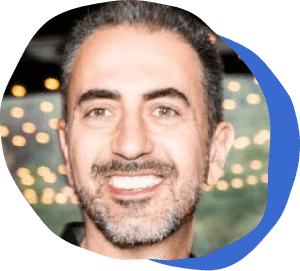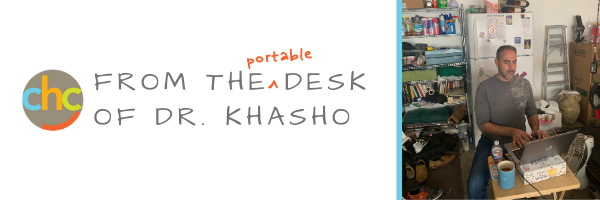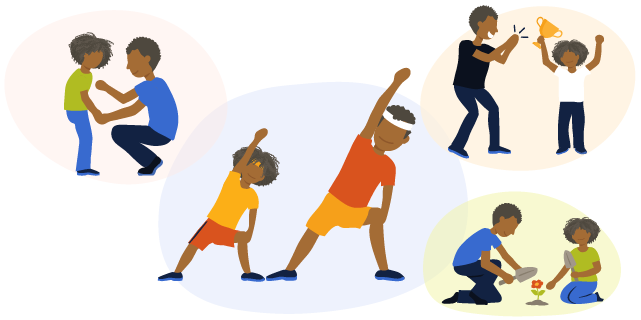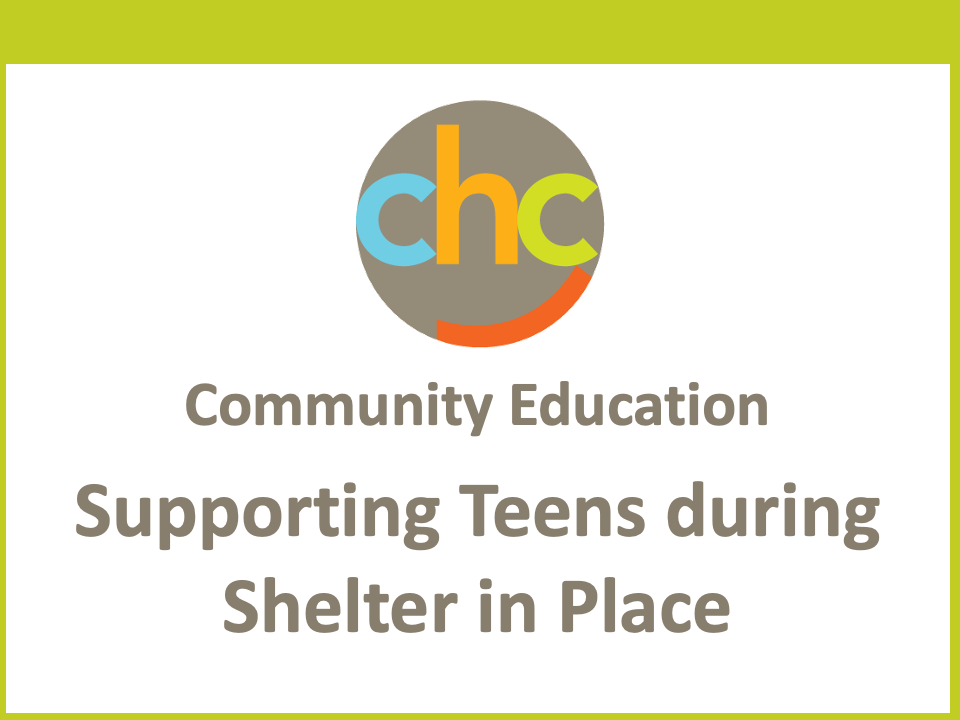 Written by Ramsey Khasho, PsyD
Written by Ramsey Khasho, PsyD
It’s been two months. 8 weeks. 56 days. Depending on how you’re keeping track.
You’d think things would have gotten easier by now. That we’d be better at sheltering-in-place, have become accustomed to staying home, come to terms with missed milestones and accepted our limited freedom.
But like you, I never stop. I’m working longer hours than ever because boundaries are blurred and so many people need help. When I take a break, my wife is hoping for an assist with lunch prep while she helps my daughter with her math homework. The laundry needs folding and my son is waiting to show me his latest sketch. For most of us, there is nowhere to be alone and yet we’ve never felt more isolated. The uncertainty is overwhelming—the sheer unknown—while the predictability of what each day brings makes it feel almost like Groundhog Day. Again. Without the usual distractions in our everyday lives, everything is magnified. The good and the bad take center stage. This is hard.

In some ways, we’re getting quite comfortable wearing sweatpants to work and having family around whenever we need a hug. We don’t miss sitting in traffic, being late for meetings or rushing our kids around to appointments and activities.
But healing isn’t linear. The moments when we don’t ever want this to end are followed abruptly by moments where we want to hide under our covers and hope no one finds us. We are physically and emotionally drained, but have immense gratitude for our health and our family.
The thing is, it’s OK to feel more than one seemingly conflicting emotion at once. This concept is called “dialectics” and is one of the core principles of Dialectical Behavior Therapy (DBT). It’s is the idea that multiple opposing perspectives—anxiety and strength; grief and joy; loving your family and wanting to be alone—can be true at the same time. (In my last blogpost, we explored how “radical acceptance,” another core DBT concept, can be a lifesaver in uncertain times.)
Right now, I’m holding a rivalry side-by-side in my heart. I am embracing this slower pace, making a list of the things I never want to go back to, while our family conversations often revolve around what we can’t wait to do first. Life will gradually evolve into some semblance of a “new normal,” but as strange as it sounds, I think we may feel sad about leaving behind this less hectic lifestyle. The past few weeks have brought us much-needed clarity and an opportunity to reflect on what really matters.
When we’re given permission to return to the lives we left behind, I’m not sure whether we’ll laugh or cry. Thanks to dialectics, maybe both.
In solidarity,

Ramsey Khasho, PsyD
Special Note: At CHC, we are just like you. We feel, we worry and we care about our kids, just like you. We understand, we care and we are right alongside you. Just as we believe in the promise and potential of every child, we believe in the capacity and the innate strength of every parent.
With nearly 70 years of experience helping local kids, teens, young adults and families navigate some of life’s most difficult challenges, CHC stands ready to lead the emotional recovery ahead, with courage, connection and compassion. We are open and available for therapeutic services via telehealth. We’ve launched virtual community education webinars, parent support groups and groups for high schoolers and young adults. Even our highest risk teens with suicidal and self-harm thoughts and behaviors continue to access best-in-class care remotely through the RISE Intensive Outpatient Program. We are here for our current clients and new families alike. If you have concerns, just call: our expert clinical team is standing by to help you with the same level of care that you know and trust. We’re in this together
.







